
MIT's Comparative Media Studies program has put together a cool site called Project New Media Literacies (NML). It is a research initiative that "explores how we might best equip young people with the social skills and cultural competencies required to become full participants in an emergent media landscape and raise public understanding about what it means to be literate in a globally interconnected, multicultural world."
My only problem with that has to do with the modifier "young": this work concerns people of all ages.
A very useful document at NML defines the skills of participatory media culture (from a white paper called Confronting the Challenges of Participatory Culture: Media Education for the 21st Century). Looking at the list, I'm convinced that many groups of people, such as artists and actors, have been honing these collaborative skills for centuries. Today, we are using new networking technologies to develop them, but they build on traditional skills of literacy, research, critical analysis, and technical expertise. It's a feedback loop: we apply these skills to new technologies, and use the technologies to connect with each other, further developing the skills. What I find interesting is that these capacities emphasize flexibility, imagination, empathy, and the ability to shift and sort through texts and contexts: rigidity, top-down tyranny, and dogmatism don't make the cut.
Here's that excellent provisional list, as well as a video from the site:
Skills for New Media Literacy
Play - the capacity to experiment with one’s surroundings as a form of problem-solving
Performance - the ability to adopt alternative identities for the purpose of improvisation and discovery
Simulation - the ability to interpret and construct dynamic models of real-world processes
Appropriation - the ability to meaningfully sample and remix media content
Multitasking - the ability to scan one’s environment and shift focus as needed to salient details
Distributed Cognition - the ability to interact meaningfully with tools that expand mental capacities
Collective Intelligence - the ability to pool knowledge and compare notes with others toward a common goal
Judgment - the ability to evaluate the reliability and credibility of different information sources
Transmedia Navigation - the ability to follow the flow of stories and information across multiple modalities
Networking - the ability to search for, synthesize, and disseminate information
Negotiation - the ability to travel across diverse communities, discerning and respecting multiple perspectives, and grasping and following alternative norms
Visualization - the ability to interpret and create data representations for the purposes of expressing ideas, finding patterns, and identifying trends












































































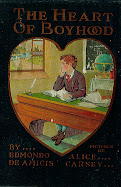


























































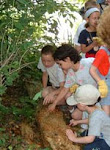.jpg)














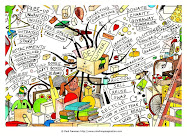






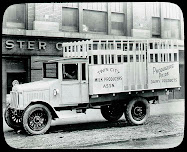





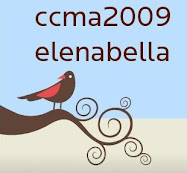













































































































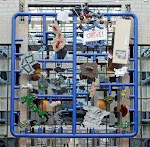.jpg)








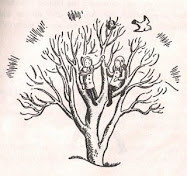







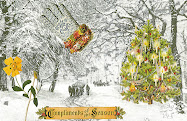

























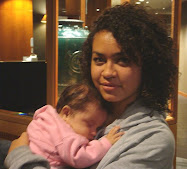
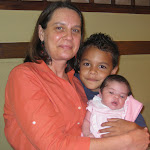





























































No comments:
Post a Comment